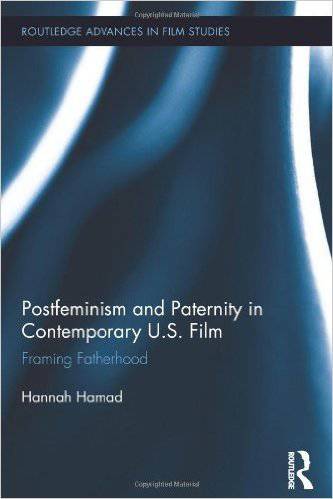This book interrogates representations of fatherhood across the spectrum of popular U.S. film of the early twenty‑first century. It situates them in relation to postfeminist discourse, identifying and discussing dominant paradigms and tropes that emerge from the tendency of popular cinema to configure ideal masculinity in paternal terms. It analyses postfeminist fatherhood across a range of genres including historical epics, war films, westerns, bromantic comedies, male melodramas, action films, family comedies, and others. It also explores recurring themes and intersections such as the rejuvenation of aging masculinities through fatherhood, the paternalized recuperation of immature adult masculinities, the relationship between fatherhood in film and 9/11 culture, post‑racial discourse in representations of fatherhood, and historically located formations of fatherhood. It is the first book length study to explore the relationship between fatherhood and postfeminism in popular cinema.
- / Автор
